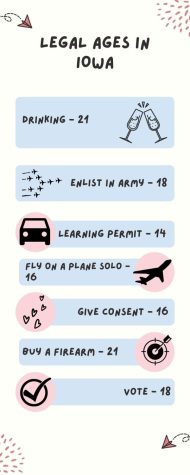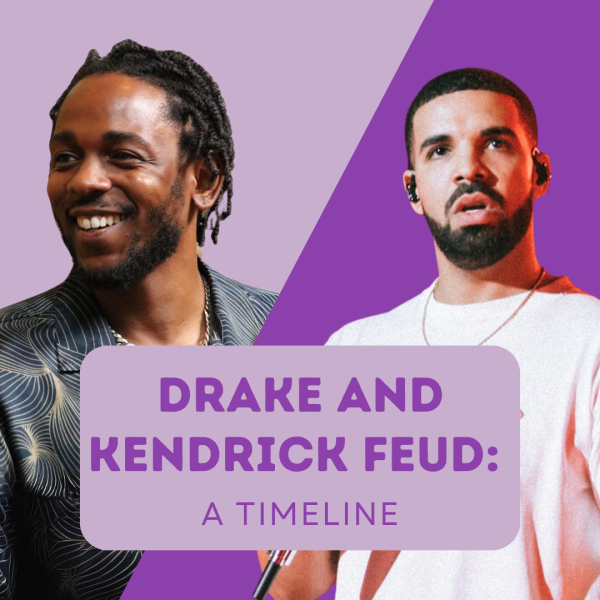18 and an Adult?
In the US, the legal age a child becomes an adult is 18 but this transition is highly debated and many think it should be pushed back.
In the US, the legal age a child becomes an adult is 18 but this transition is highly debated and many think it should be pushed back. (Creative Commons Image)
In the US, anyone age 18 or above can vote, marry, be tried in court as an adult, and enlist and die for the country but can’t buy beer, vape, or smoke tobacco products. Why is this and does it make sense?
For some time, it has been culturally recognized in the US that 18 is the age of adulthood in many ways. This reflects cultural norms. The typical high school student graduates at age 18 and often leaves home at that time. However, if 18 has been designated as the age of adulthood, then why is drinking for example, not legal until age 21?
What makes 16/17 years the proper age to receive a driver’s license? Why can you purchase a firearm at 21 but cannot rent a car in most cases until age 25?
American culture and norms often play a role in these laws. This is also true in other countries. In Germany, which has a more prevalent drinking culture than the US, those age 14 can consume alcohol when accompanied by a “custodial person.”
The question becomes: at what age does a child become an adult? In many ways this question has no answer. It really depends on each person’s perception of the terms “child” and “adult”. This is why deciding on these “legal ages” is so difficult. It is simply so subjective.
According to the CDC, “a minimum drinking age of 21 saves lives”, resulting in fewer motor vehicle crashes for example. This argument is often used to justify the legal drinking age. However, it is generally recognized that the human brain (especially parts of the brain involved in decision making) is not typically fully developed until age 25. This is one of the most/only concrete facts that can determine when a person becomes an adult. Thus, when it comes to “saving lives”, age 25 would make more sense as a legal drinking age. This thinking can be applied to almost every “legal age” mentioned here.

However, some would argue that age 25 is too old, that the younger generation is the future, and is always the leader of change and thus deserves rights of adults.
In my experience, it seems young people all agree on one thing: none of this makes sense. An anonymous Liberty junior commented, “I [must] pay taxes but I have no say in what that money goes towards… [Once I turn 18] I could die for my country but I can’t buy a drink… How was any of this determined?”
The history behind the making of these laws involves mostly reactions to current events, such as war, affecting public opinion. For instance, the legal voting age was 21 until in 1971, during the Vietnam war. It was lowered to age 18 due to public outrage concerning the draft (starting at age 18).
In the past, when one “legal age” has been changed, others have not been adjusted accordingly. For instance, when the voting age was lowered to 18, the legal drinking age remained at 21. No matter what these “legal ages” are, they need to make sense together, or else their significance is jeopardized. Young people are far less likely to follow laws that conflict with each other and don’t make sense.
Vermont state senator John Rodgers, attempted to point out some of these issues by proposing a bill that would outlaw cell phones for those under the age of 21 in 2020. The bill stated that cellphones have “dangerous and life threatening consequences.” Rodgers later noted that the bill was not meant to be taken seriously but was simply meant as a statement, pointing out the absurd contradiction of some of these laws.
These laws have been changed in the past and there is no reason they cannot be changed now to reflect a more uniform interpretation of age. Hopefully legislators and the public will keep pushing for this change.

Leela is a senior at Liberty High School. This is her second year on the Live Wire staff. At Liberty, Leela plays tennis and is part of SEA club. Outside...

Chloe is a senior at Liberty and this is her second year on staff. At Liberty, Chloe is involved in cheerleading and tennis. Outside of school, she enjoys...













